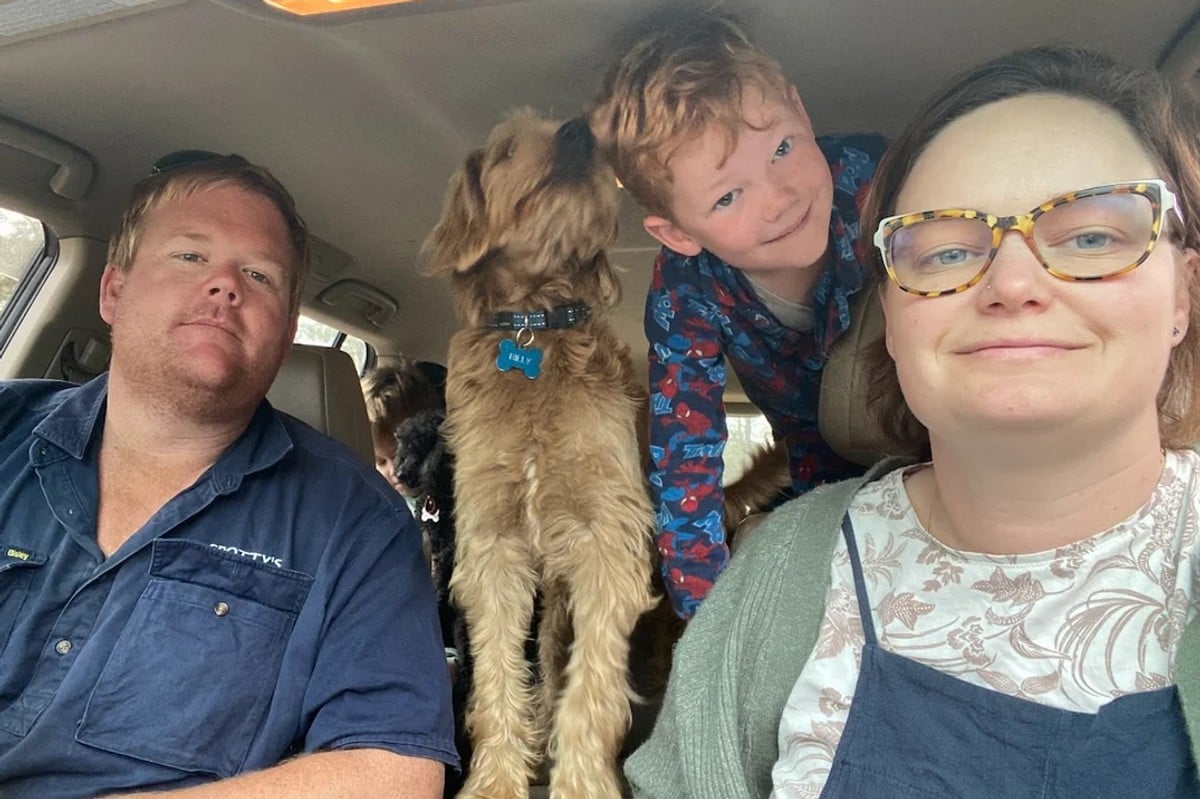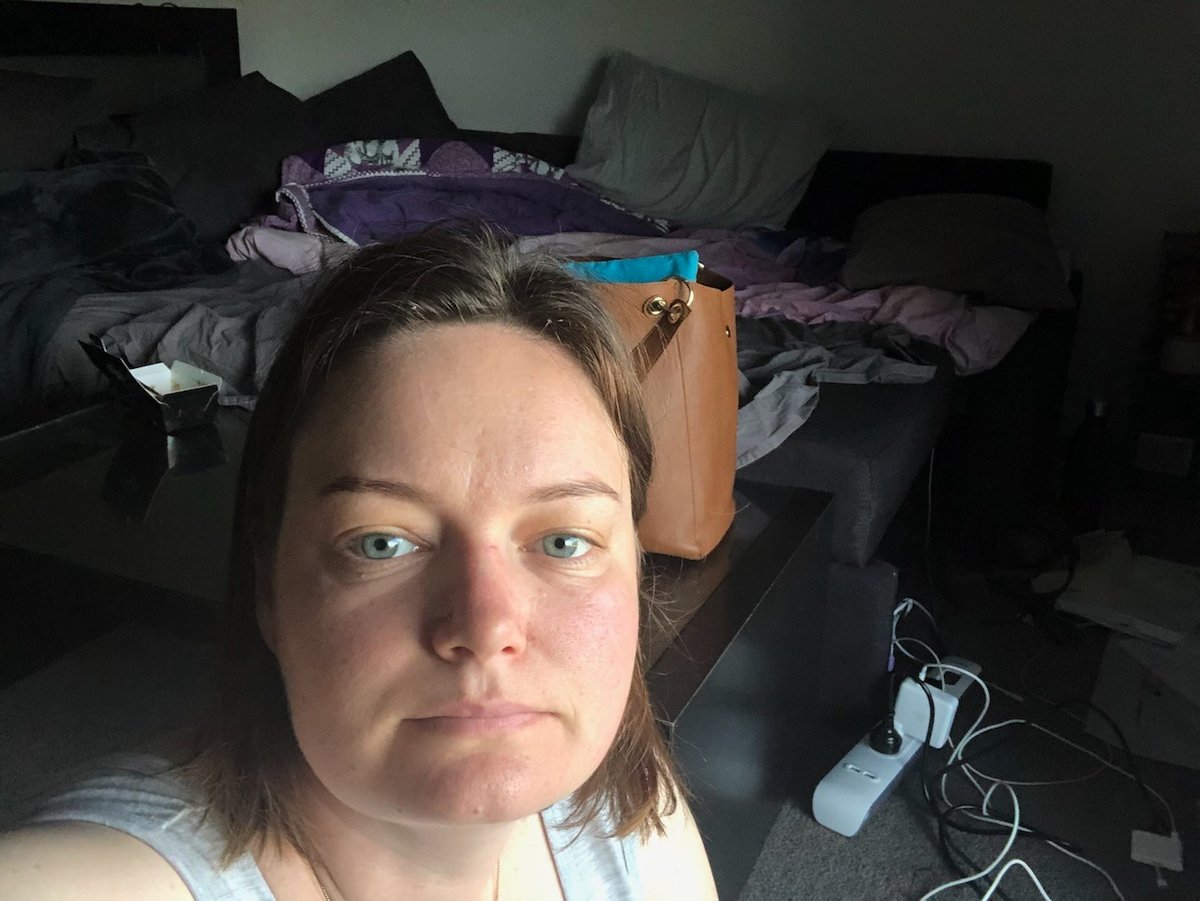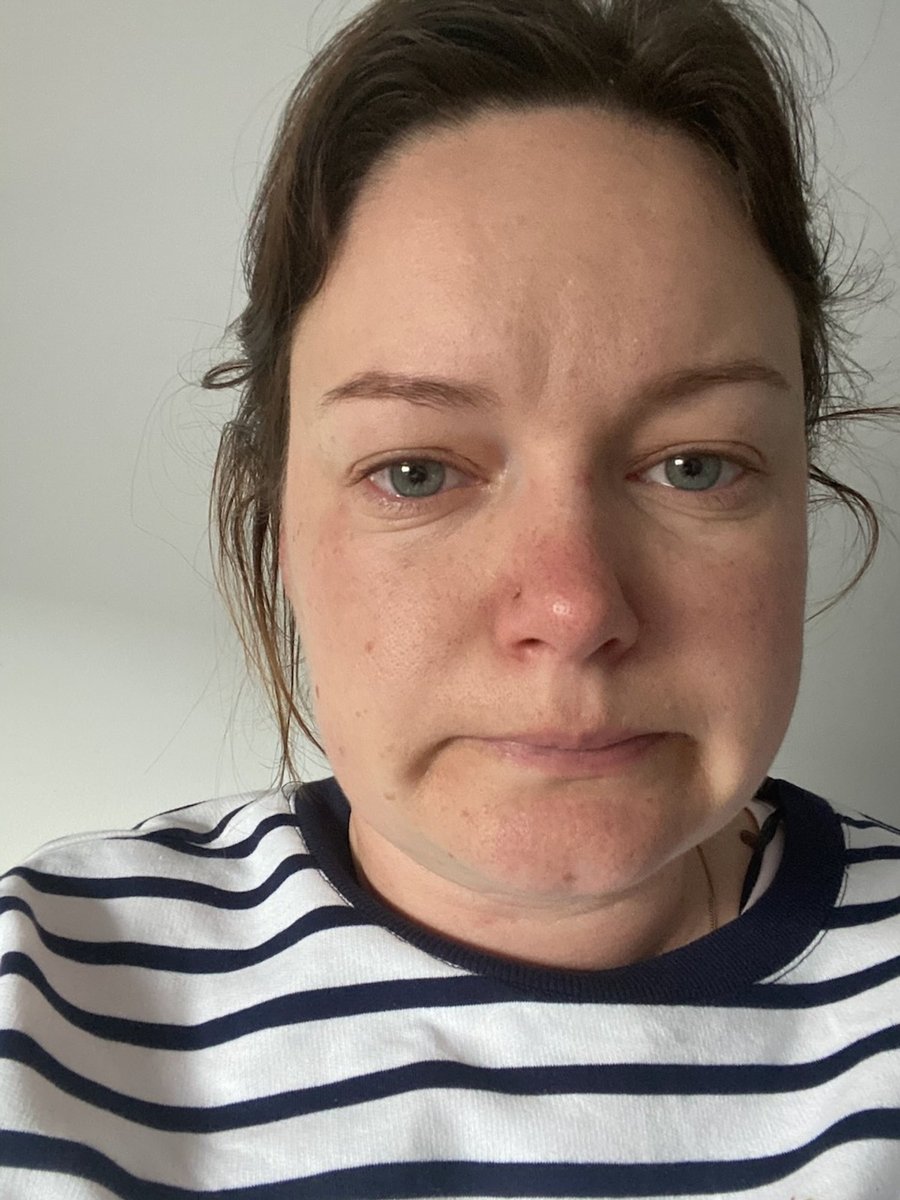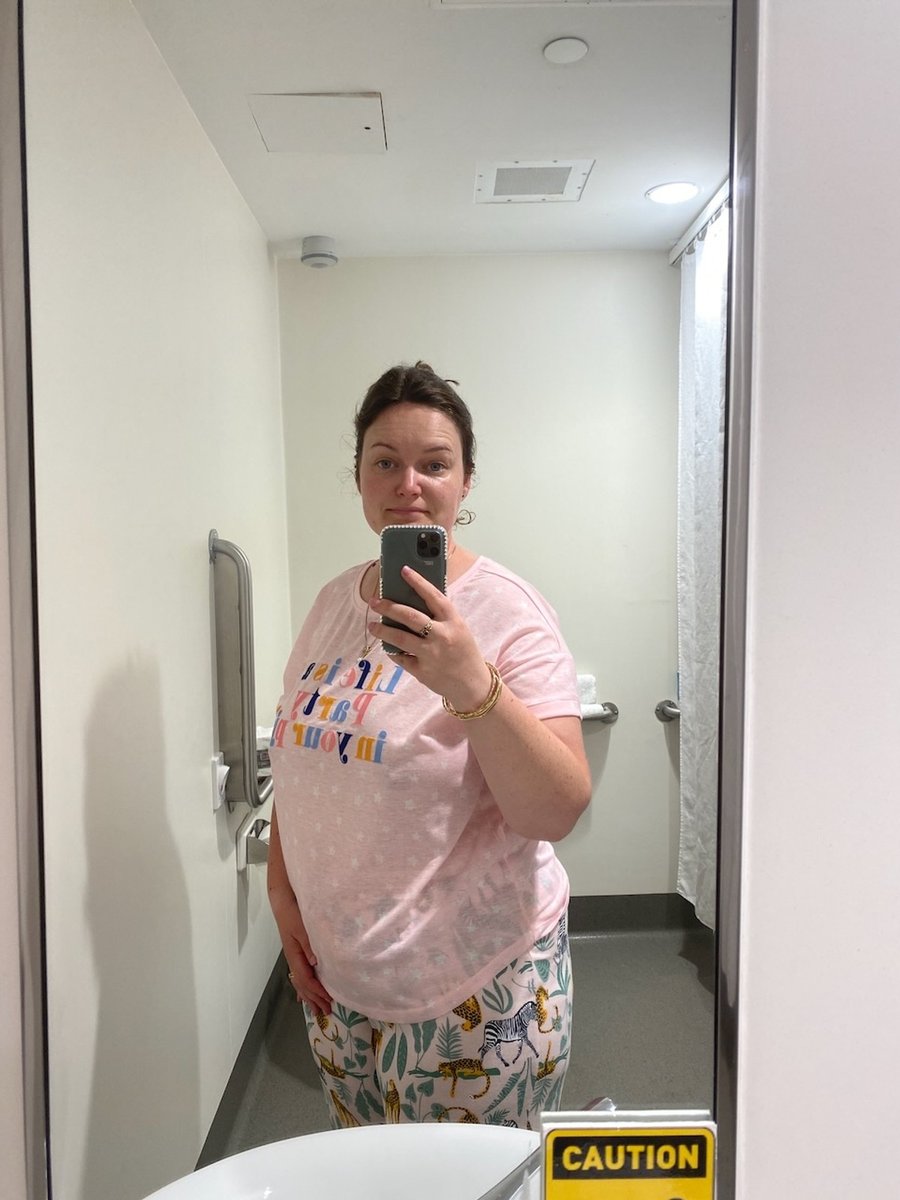
Content warning: This post includes discussion of suicide and pregnancy loss that may be distressing to some readers.
The irony wasn't lost on me: I was fielding business calls about franchises while sitting in a psychiatric ward during the early days of COVID.
On paper, I looked like I had it all figured out. I was running businesses, raising two young boys and holding it all together — a life that ticked every box of success. But in reality, I'd been admitted to hospital with PTSD, major depression, and suicidal ideation.
I grew up the eldest of six. At school, I was the perfect student, desperate for recognition. As an adult, nothing changed. I ran the family business, paid the bills, kept everyone happy.
Then I had two boys, 20 months apart. And I tried to keep performing at the same pace.
 "On paper, I looked like I had it all figured out," writes Corrina Rawlinson
"On paper, I looked like I had it all figured out," writes Corrina Rawlinson






























































































